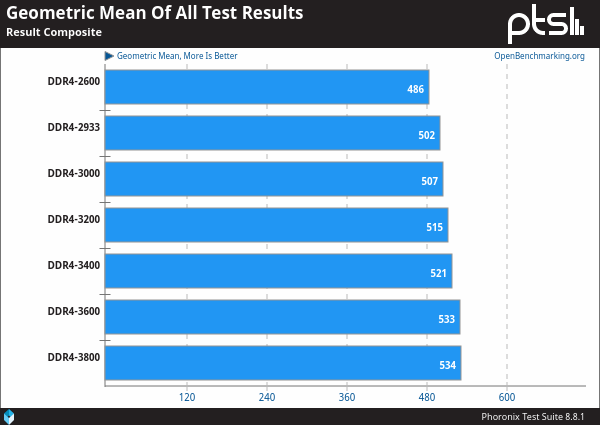I’ve seen shit like gaming chairs, headsets, and even gaming PCs turning out to be absolute horseshit compared to even shit used in offices.
I’m curious to know your thoughts on this. My theory is that the focus on gaming was so extreme the others that actually IMPROVE gaming like less bottlenecks get fucked over.

I’ve never been able to get any frequency higher than 1333 to work with Windows. There’s a setting you can switch in the BIOS, which I did, but it still runs at the same frequency (all of my sticks should have the same frequency)
edit: but regardless, the old ugly green sticks can get to high frequencies too, you don’t need to look at “gaming” brands like Corsair or ROG particularly.
That is why I said modern. For example, my PC is running at, 3600MHz. In the past, RAM frequency didn’t really matter anyway.
Technically yes, but for example if I look at my country largest electronics retailer if you want anything above 3200MHz for DDR4 you literally don’t have any other options than Kingston, Corsair etc. I don’t even think you can really buy “ugly green sticks” other than for notebooks or for servers, at least not in regular consumer stores.
I am able to get 1866 because my RAM or MoBo are fucked, they should be 3000MHz. But no higher than 1333?
Windows caps ram at 1333 mhz (even on windows 11) because of some legacy thing, to unlock it you have to go into the bios and switch on a setting. Apparently mine doesn’t do anything. I’m not sure ram frequency is as important as people say it is, although I’ve never had it faster than the legacy 1333 lol
It depends, with older processors like before Intel gen 8 and Zen it didn’t really matter. Today, it can give you about ~10% performance boost on average.
These are the results for Linux, but it should be pretty comparable to Windows.
Aight, thanks
Its not Windows capping RAM frequency. One of your RAM sticks is 1333 and the other, despite being higher frequencies, all have to operate at 1333. The lowest RAM frequency stick determines the RAM frequency of all sticks. I had a preinstalled 2133 MHz in my ThinkPad, and I checked beforehand and bought a 2133 stick. Even with XP on Pentium 4, 1600 MHz sticks were used.
Aaah, you’re right. When I bought the sticks they said 2666mHz on the website, but this prompted me to look it up and I confirmed DDR4 ram reads data twice, so it technically runs at 1333mHz but does double the calculations per second.
Double Data Rate. It has long been missed a detail by people other than the most fanatic gamer PC builders and nerds.